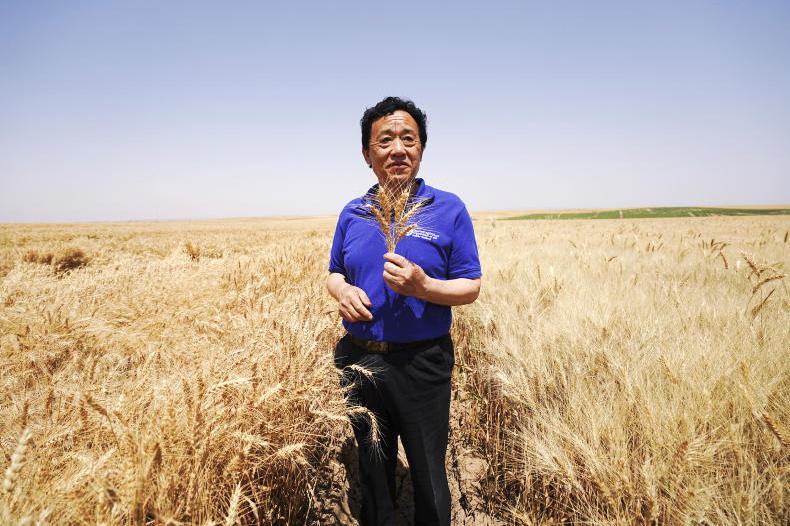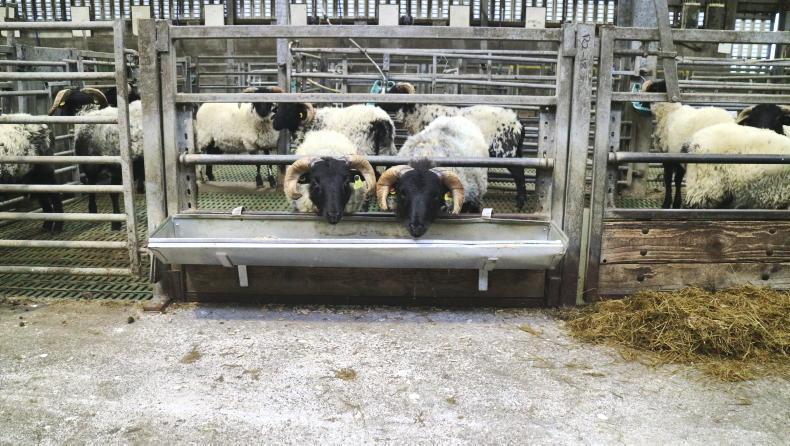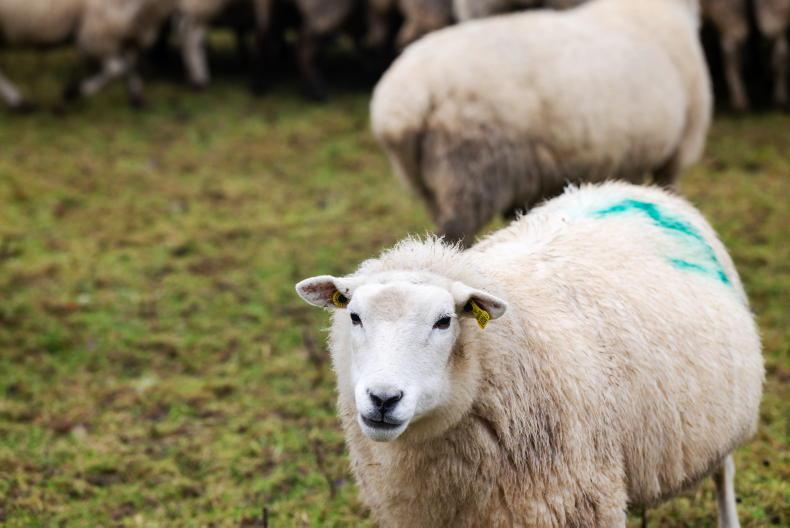In recent days, we have had two reports of real importance to Irish farmers. Both dealt with the economic performance of the sector and the country.
The first report from Teagasc focused on farm incomes and prospects. The second from international economic organisation the OECD, made up mainly of the world’s more developed economies, focused on Ireland’s recent progress across the whole economy, with a small but crucial section on Irish agriculture, climate change and methane emissions. Both reports focused on dairying.
The Teagasc annual review and outlook reported on a record year for the profitability of Irish dairy farming. Teagasc can take at least part of the credit for developing a system of dairy farming that is grass based, is resilient in years of low prices and satisfactorily profitable when prices are internationally high such as this year.
The OECD report bemoaned the fact that Irish dairy farming had expanded, not surprising given its regular superior profitability and the years of quota-induced stagnation. But the Paris-based organisation added that Irish farmers should have stronger incentives to reduce greenhouse gas emissions in line with the rest of the economy by methods such as pricing methane emissions.
Targets
That Irish agricultural emissions are legally mandated to reduce by 25% by 2030 in comparison to 51% for the rest of the economy is presented as a concession to agriculture, even though comparison is made with New Zealand and its high proportion of farm-based emissions.
The OECD acknowledges that agriculture is separated out from the rest of the New Zealand economy though it neglects to mention NZ’s methane emissions target is just 10%.
In fairness, the OECD has usually been consistent in its attitude to agriculture in arguing for free trade, minimal central government supports and concentration of production in areas of natural advantage.
These aspects have been overlooked in these recommendations for Ireland, where rewetting wetlands and more forestry are suggested measures to reduce emissions, in addition to taxing methane.
Poor progress
Elsewhere, the OECD has penetrating comments on the poor progress in the provision of housing, the slow planning process and, in a comment on the effects of the Ukraine invasion, draws attention to the traditional dependence of Ireland on Russian fertiliser.
But overall, the management of the Irish economy comes in for praise as we navigate the problems of COVID-19 and the war in Ukraine.
Looking around us, it’s not that surprising that Paschal Donohoe has been selected to serve another term as president of the countries that are members of the Eurogroup.









SHARING OPTIONS